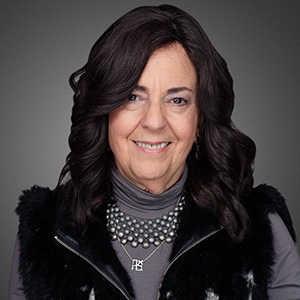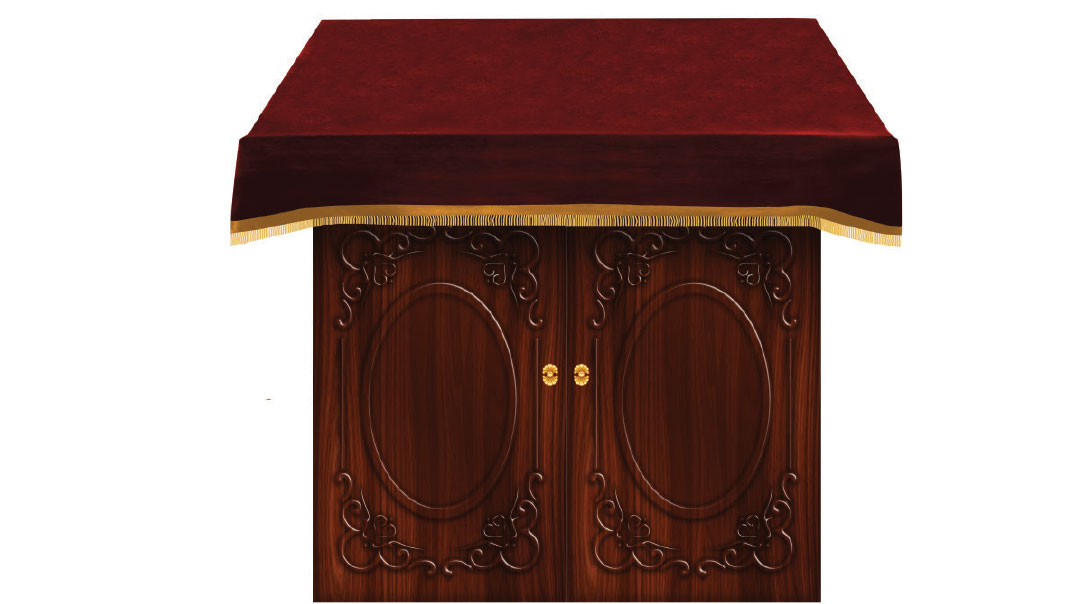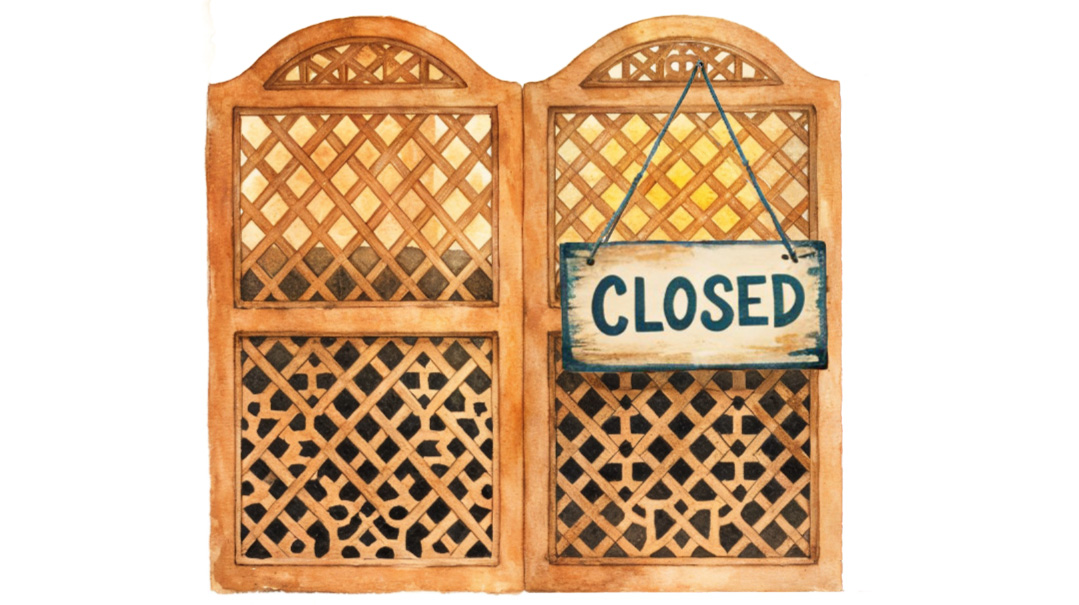Miracle on East 18th Street

Did they ever imagine that he’d be able to repeat a prayer in Aramaic, in front of 200 people, in memory of his father?

If you happen to have davened one particular Shabbos morning in the attractive brick edifice formally called Congregation Beis Knesses Avigdor (more popularly known as “Rabbi Kahn’s shul”), you merited to witness a miracle of monumental proportions.
Presumably most people who were there know that they enjoyed a serious, committed, and very quiet davening. And a few surely recognized that the fourth aliyah for parshas Shoftim was recited by a particular young man who regularly davens in that minyan.
The young man sported a very yeshivish Borsalino, his tie coordinated with his dark navy suit, and his tallis carefully rested on each shoulder. His tone may have been a bit on the quiet side, but the nusach and tune with which he said the brachos for his aliyah were just like those that preceded and those who would follow him. His words did have a certain guttural quality — a common occurrence for people with Down syndrome — but his pronunciation was clear and the cadence traditional.
Did anyone listening to him lein know that three decades earlier this same young man had been given a prognosis of total dependence on others for his basic needs? That it was determined he would be unlikely to communicate or speak?
Did the physicians who made those predictions ever dream that he would read a newspaper and calendar? That he would remember the Hebrew and secular dates for all the year’s Yamim Tovim as well as family members’ birthdays and anniversaries? That he would be able to pick up a siddur and find Kiddush Levanah — and then explain that was why he got home so late?
Did they ever imagine that he’d be able to repeat a prayer in Aramaic, in front of 200 people, in memory of his father?
The first time he said the full Kaddish, his voice was barely audible in the women’s section. But the second time, someone realized that he was not familiar with the words. This unknown gentleman stood next to him and gave him a bit of coaching. Was it the same person who sits next to him on Yamim Noraim to help him follow the special tefillos?
Soon he stood tall and proud at the bimah, his voice loud and clear, rising to the glass partition of the women’s balcony. My seat is two rows back and the women who sat near the front moved aside to allow me a clear view of the scene below. A smile and nod from the rebbetzin acknowledged that this special moment was being shared as I stood looking down at my son, Saadya.
I watched Saadya walk toward the warm and caring rav who has always made him feel so comfortable. I knew that the warm handshake that followed his aliyah would be accompanied by words of encouragement and praise.
I wondered how many people in shul knew that Saadya felt so much a part of the kehillah that when we spent Succos in Israel, he decided he had to go back to America on Chol Hamoed, leaving his family behind to return to “his” shul for Simchas Torah, so he could lead the shul in singing “Mipi Keil.” “I’m the chazzan, Mom, I have to be back. They need me there.” It’s hard to argue with that.
And then there’s Saadya’s learning. Saadya and several of his friends with special needs learn daily at a beis medrash on Yeshiva University, through a program launched by a dedicated staff member at YU, working with the special needs’ program Makor/Women’s League. And everyone they pass — in the beis medrash, sitting in the cafeteria or gym, at a kumzitz — offers a smiling, warm greeting to Saadya and the other special guys.
Saadya and his friends have their own rebbi and learn at their own level. And I’m sure that their unique learning is equally beloved — if not even more so — Above.
Miracles are all around us and we are so often totally unaware. The Ribbono shel Olam dictates their occurrence but He has so many messengers on earth who carry them out: a dedicated rav, a great talmid chacham; a rosh yeshivah who opens his heart to the needs of one special needs’ young man and sets the stage for everyone in his kehillah; a professional who sees a way to open new horizons; all those who offer a warm smile, who facilitate and share.
Look around, my friends. Miracles happen. We just have to open our eyes to see them — and our hearts to make them happen.
(Originally featured in Family First, Issue 672)
Oops! We could not locate your form.












